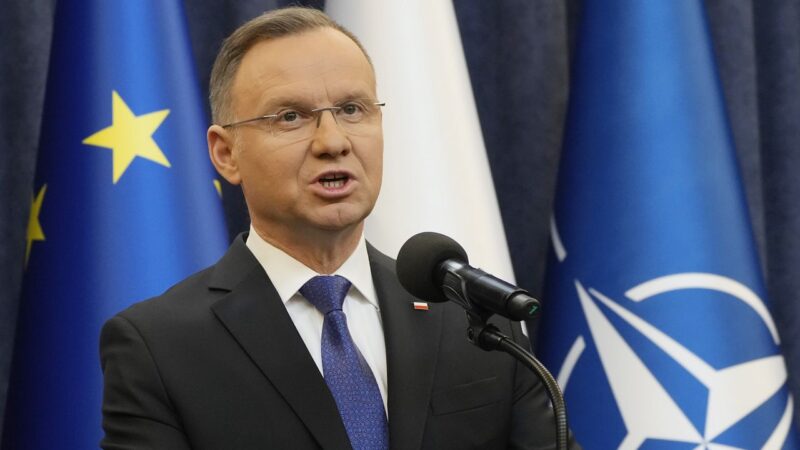In a move that’s stirred up political waters in Poland, President Andrzej Duda has slammed the brakes on a proposed hate speech bill championed by Prime Minister Donald Tusk’s centre-left coalition. Despite the law passing through parliament, Duda declined to sign it, citing concerns about free expression and the potential for censorship.
The president, aligned with the opposition Conservative party (Law and Justice – PiS), argued the bill could do more harm than good. He claimed the language of the legislation opened the door to “preventive censorship” and warned it might be wielded as a political weapon. “Turning to the criminal code should be a last resort,” Duda said, emphasizing that lawmakers hadn’t shown the current legal framework to be inadequate.
Rather than signing off, Duda tossed the bill over to Poland’s Constitutional Court for review — a court still stacked with judges appointed during the PiS administration. That move sparked controversy, especially since Tusk’s government doesn’t recognize the court’s legitimacy, having contested the appointment of three of its 15 judges. In fact, the administration has refused to publish some of the court’s rulings altogether.
The bill aimed to expand Poland’s existing hate crime laws, which currently protect against attacks rooted in national, racial, ethnic, political, or religious hatred. The proposed changes would’ve added categories like sexual orientation, gender identity, disability, and age — a nod to growing calls for broader protections, particularly for the LGBT community.
Tensions around the issue aren’t new. LGBT advocates argue they’ve long been vilified under PiS leadership, with President Duda himself having campaigned on rhetoric opposing “LGBT ideology.” In one high-profile case last year, anti-LGBT activists were convicted of defamation for linking LGBT people with pedophilia — a verdict some pointed to as proof that current laws are sufficient.
But the Ministry of Justice disagrees. Officials argue the law doesn’t go far enough to shield marginalized groups from violence and hate. The proposed legislation was part of the coalition agreement between Tusk’s Civic Coalition, the Left Party, and the center-right Third Way bloc.
With Duda’s presidential term wrapping up later this year — and him not seeking reelection — the bill may not be dead in the water. It could make a comeback if Tusk’s coalition wins the upcoming presidential race. Leading the polls is Warsaw Mayor Rafał Trzaskowski, representing Tusk’s camp, though PiS’s candidate, Karol Nawrocki, has been gaining ground.
For now, the fate of the hate speech law lies in limbo — caught between a divided court, a fractured government, and a nation still grappling with how to draw the line between protecting speech and preventing hate.




